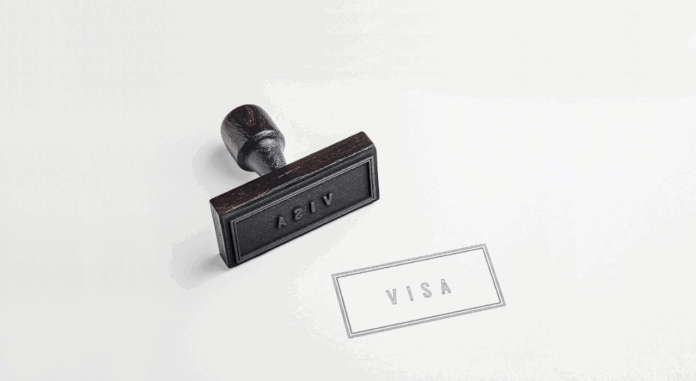“I want to work in Japan, but I’m confused about the visa process…”
If that sounds like you, don’t worry. This article will walk you through the main types of work visas available for IT professionals, in a clear and simple way.
We’ll also explain how many companies in Japan support your visa application—so you can feel confident taking your first step.
1. What Is a “Work Visa” in Japan?
A visa (or residence status) is what allows you to live and work legally in Japan.
For example, a tourist visa doesn’t let you work—but a work visa allows you to be employed by a company.
If you’re looking to work as an IT engineer in Japan, the most common visa types are:
- Engineer/Specialist in Humanities/International Services (commonly called “Engineer visa”)
- Highly Skilled Professional visa
Let’s explore each one in more detail.
2. Common Work Visas for IT Engineers
2-1. Engineer/Specialist in Humanities/International Services Visa (a.k.a. “Engineer Visa”)
This is the most common visa for IT professionals.
Software developers, web engineers, infrastructure engineers—most of them are working in Japan under this visa type.
✅ To be eligible, you need to meet one of the following:
- A university or vocational school degree in a related field (IT, computer science, etc.)
- 10+ years of professional experience in the field (if you don’t have a relevant degree)
- A national certificate, such as Japan’s Information Technology Engineers Examination (in some cases)
🔍 FAQ:“I didn’t graduate from a Japanese university. Is that OK?”
→ Yes! A degree from an overseas university or college is acceptable—as long as the major is related to the job.
💡 Why it’s popular:
- Widely accepted across industries
- Companies are familiar with the application process
- Easier to change jobs later
2-2. Highly Skilled Professional Visa
This visa is for professionals with high-level expertise or achievements.
Eligibility is based on a points system that includes your education, work experience, income, and Japanese language skills.
You need at least 70 points to qualify.
💎 Key advantages:
- Faster route to permanent residency (as little as 1 year instead of 10)
- Spouse can work in Japan
- Preferential treatment at airports and immigration
👩💻 Recommended if you have a strong resume and plan to stay in Japan long term.
First-time applicants can also qualify if they meet the points requirements!
3. The Visa Application Process (Step by Step)
The process may sound complicated at first, but in most cases, your employer will guide you through it.
📋 General steps:
- Get a job offer from a company in Japan
- The company applies for a Certificate of Eligibility (COE) on your behalf
- Once the COE is issued, you apply for a visa at the Japanese embassy or consulate in your country
- After the visa is granted, you can enter Japan and begin working
4. Company-Supported Visa Applications
The good news? Many Japanese companies provide visa sponsorship and assist throughout the process.
In fact, for IT positions, it’s common to see job listings that say “Visa support available.”
🤝 Typical company support includes:
- Helping prepare and review documents
- Submitting the COE application for you
- Working with licensed immigration specialists to ensure a smooth process
🗣 Worried about the language barrier or paperwork?
→ Don’t be. Companies that hire foreign engineers are usually experienced and supportive throughout the visa process.
5. Final Thoughts: Getting a Visa Isn’t a Wall—It’s a Step
It’s natural to feel nervous if this is your first time applying for a Japanese work visa.
But remember—many international engineers have gone through the same process successfully.
And companies are ready to support you.
The key is to:
- Understand which visa type matches your background
- Look for companies that offer visa sponsorship
- Don’t hesitate to ask questions during the hiring process
You’ve got this!
Interested in IT-related opportunities in Japan?
💻 Check out our job board for the latest openings!
👀 Follow us on Linkedin to stay updated!















